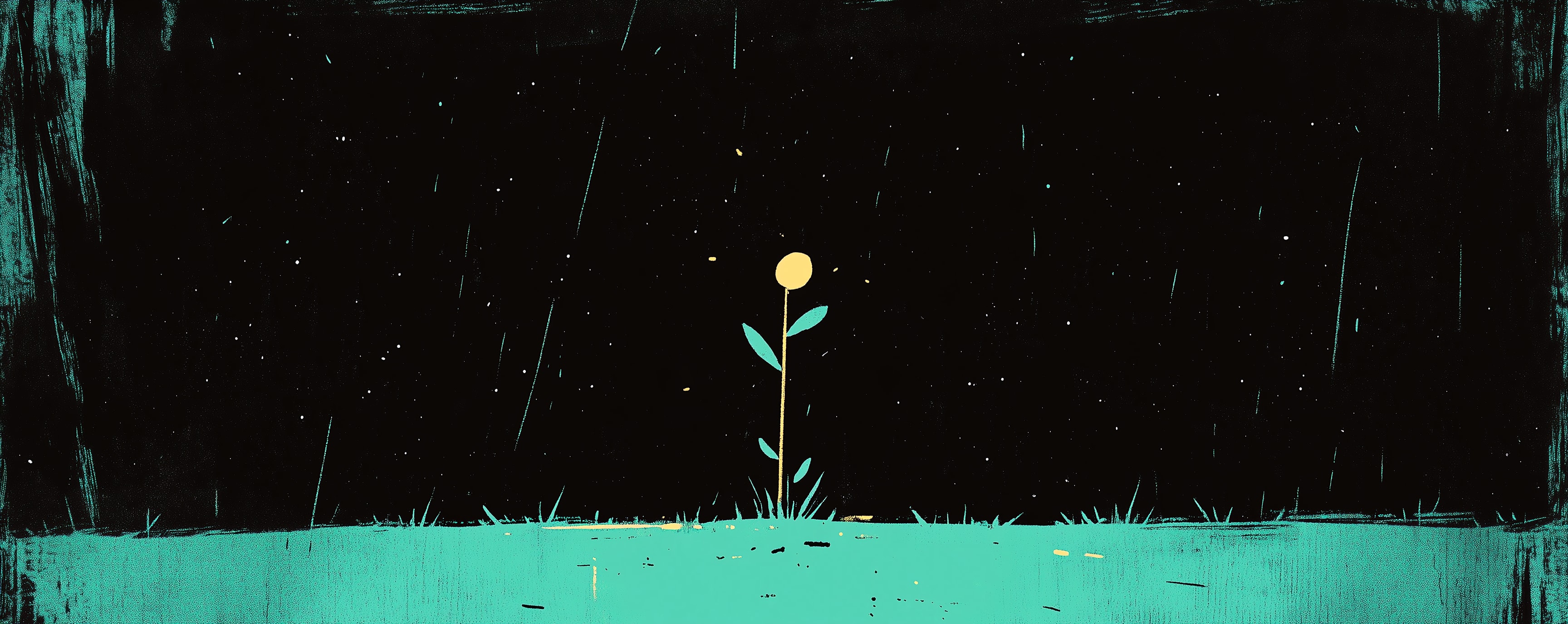UNSEALED: Mustard Seed
What Faith Looks Like Before It Works
The Kingdom of Heaven is like a mustard seed.
There was a farmer who walked his land in the cool of morning, surveying what he had planted. His neighbors had sown their fields with wheat and barley. Crops of substance, crops that everyone could see from the road, crops that promised a respectable harvest and a predictable return.
But this farmer held in h…


